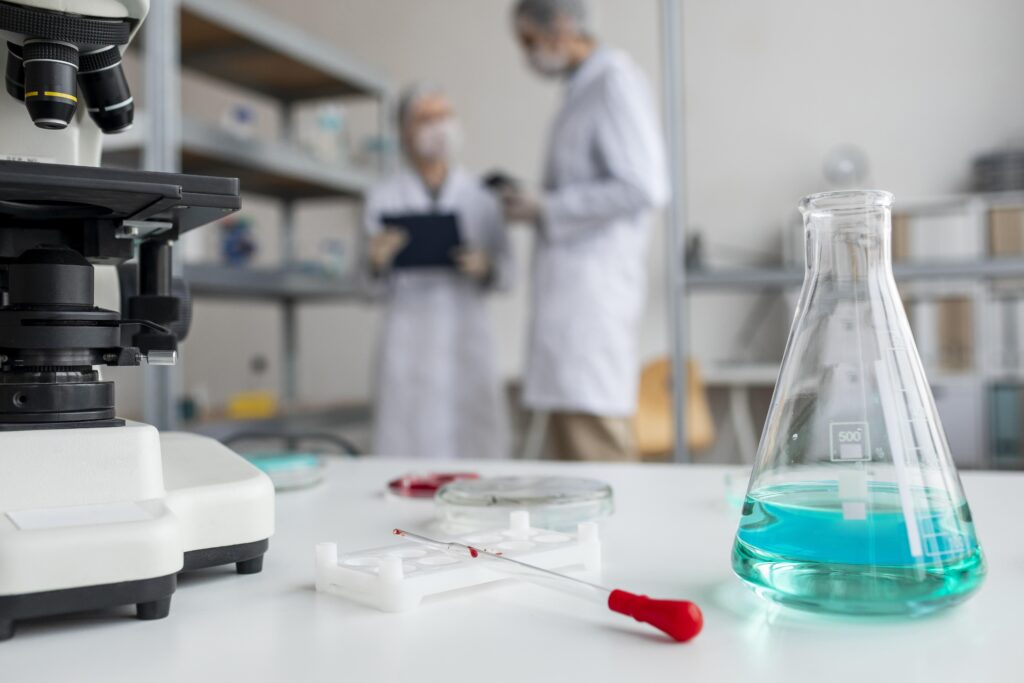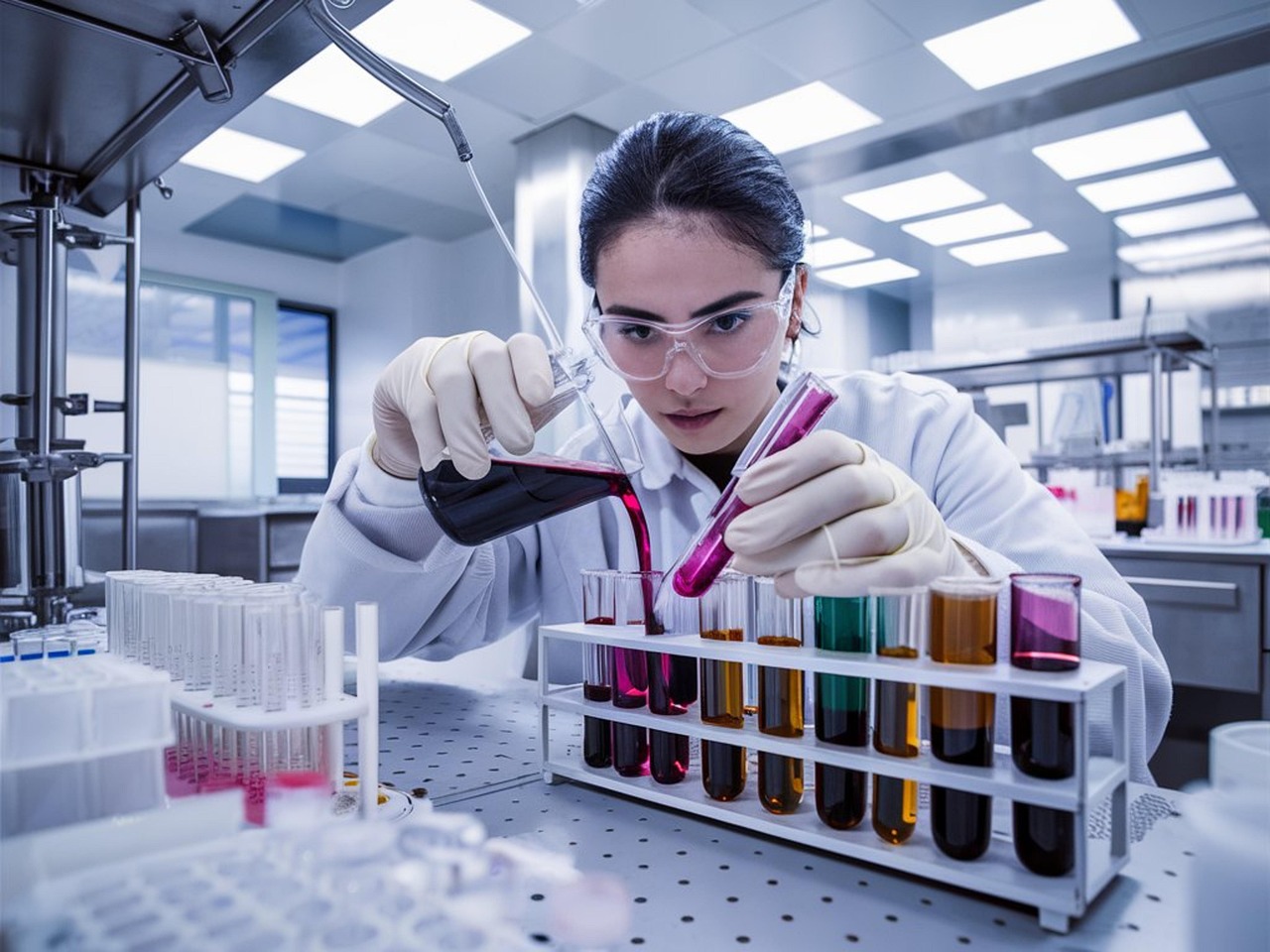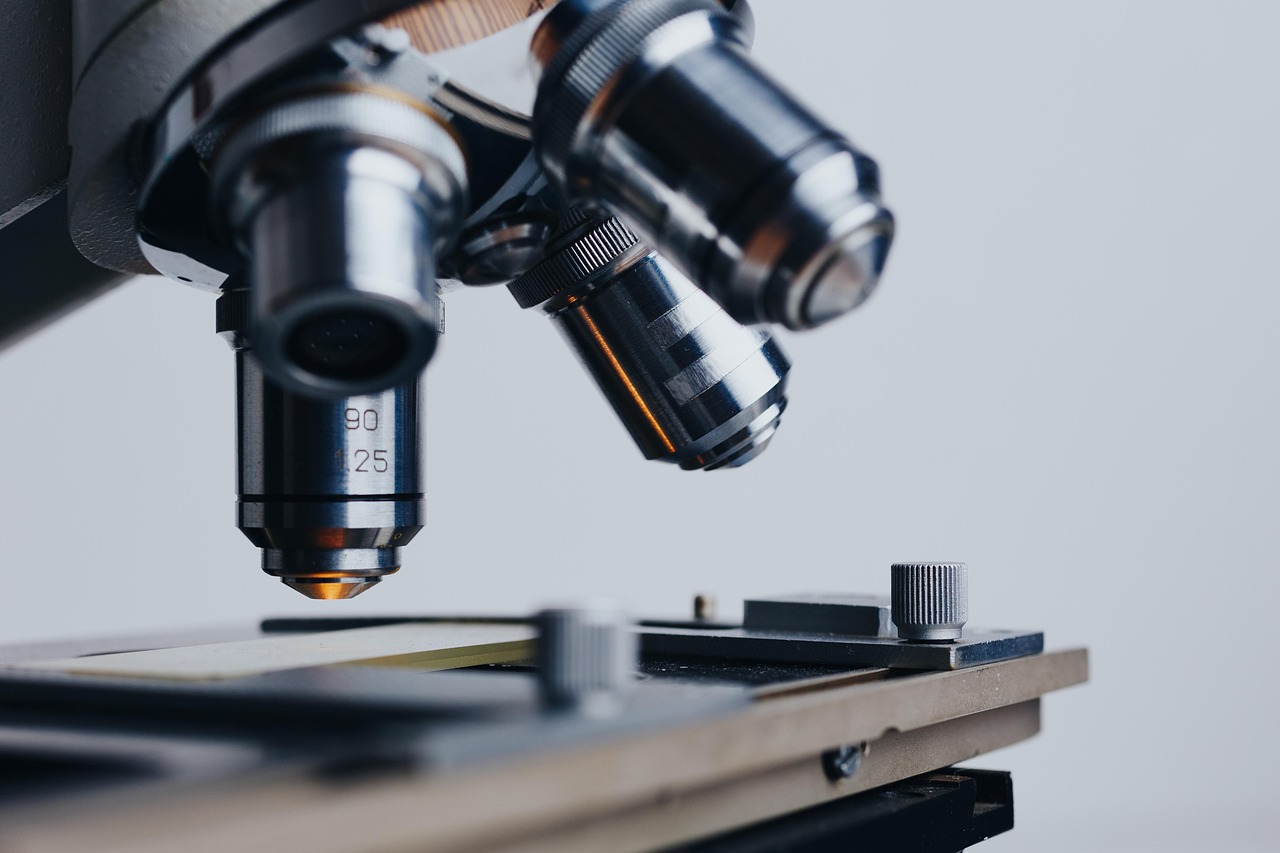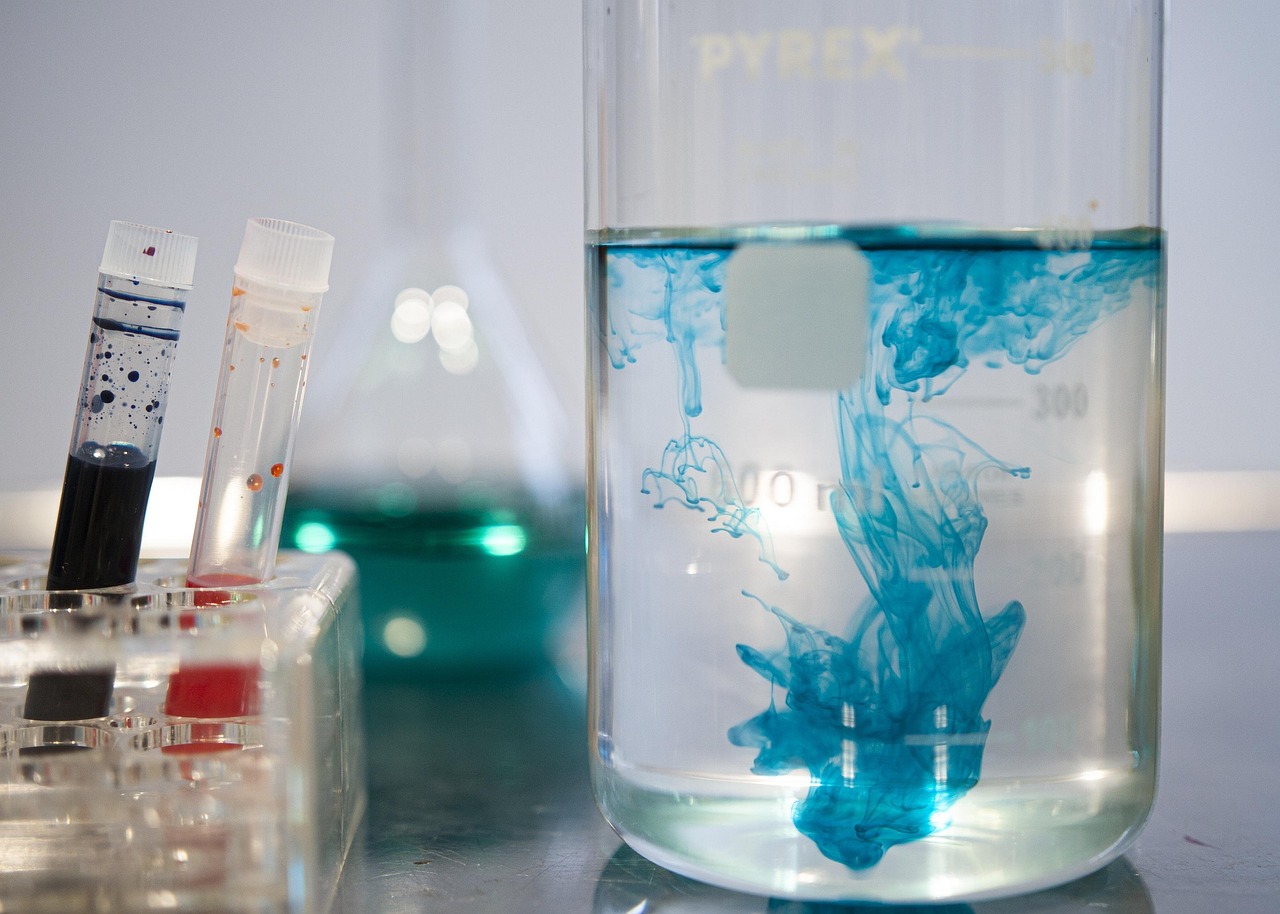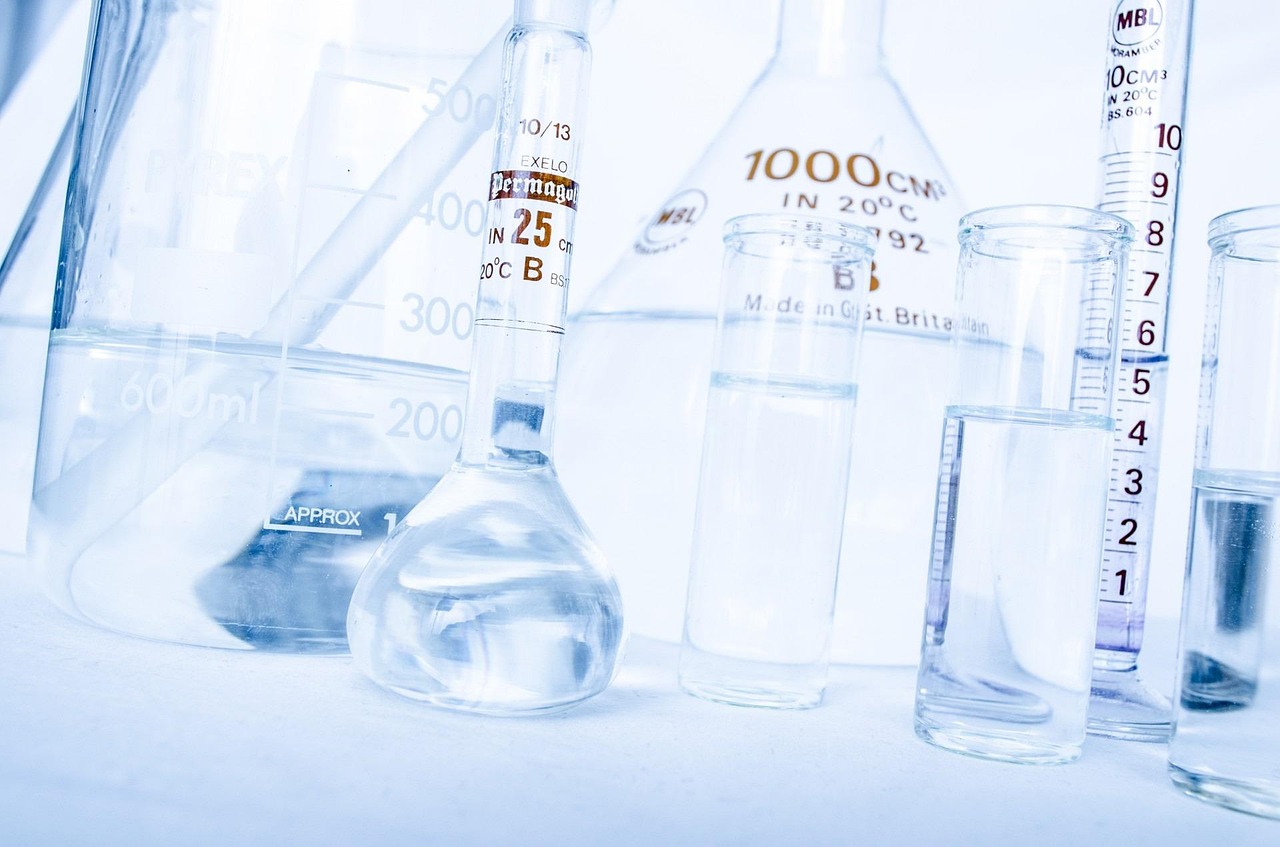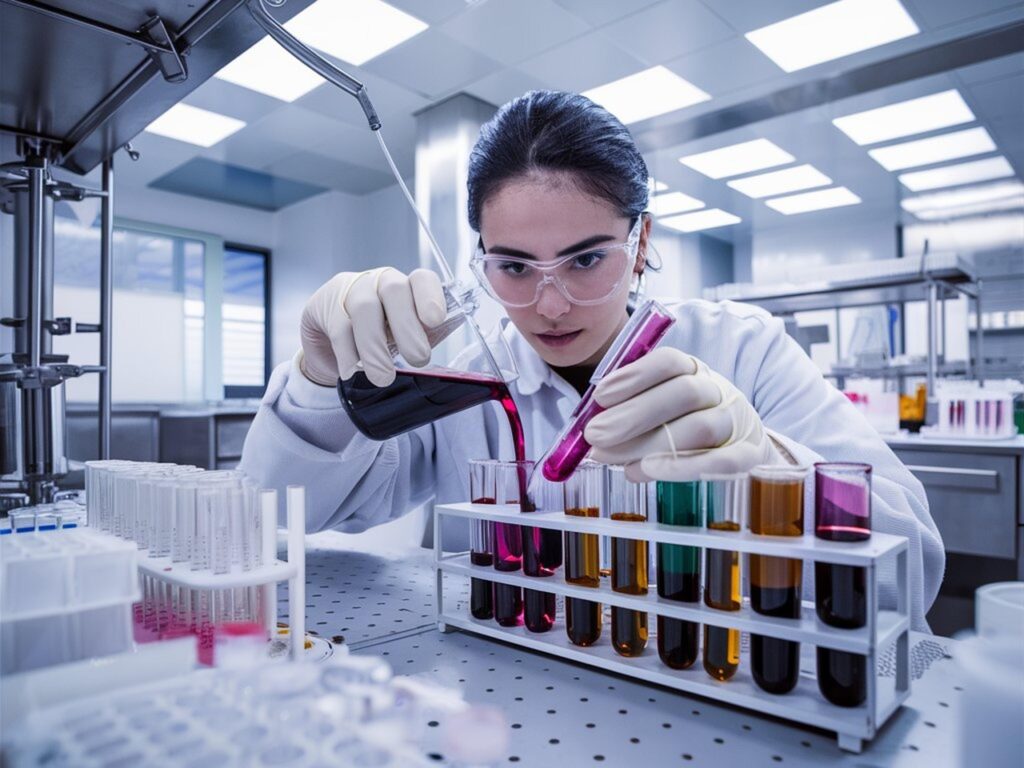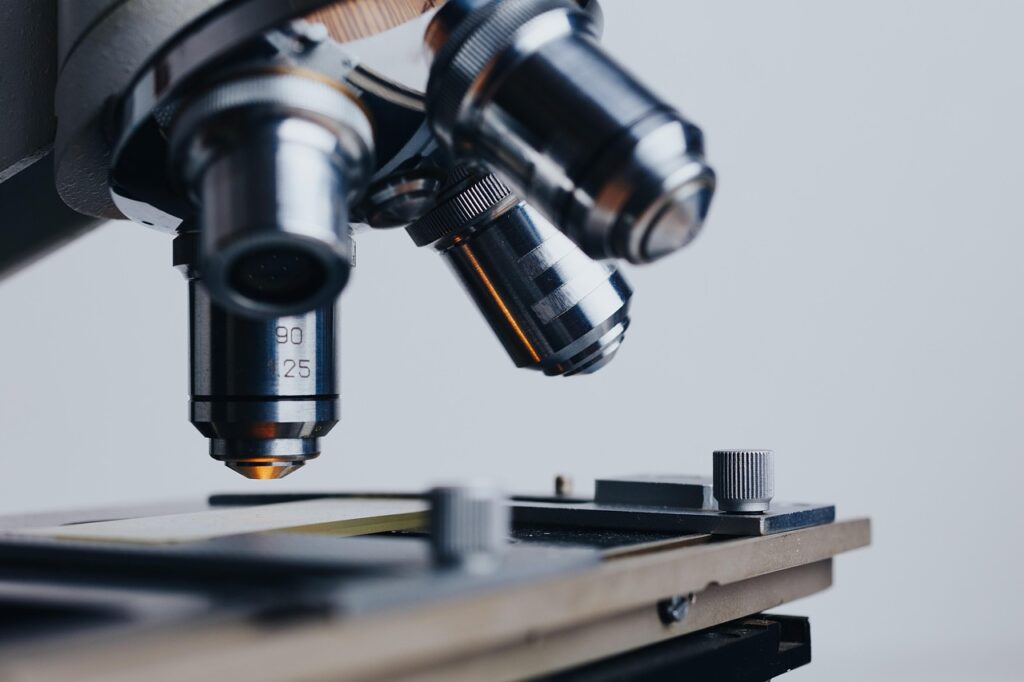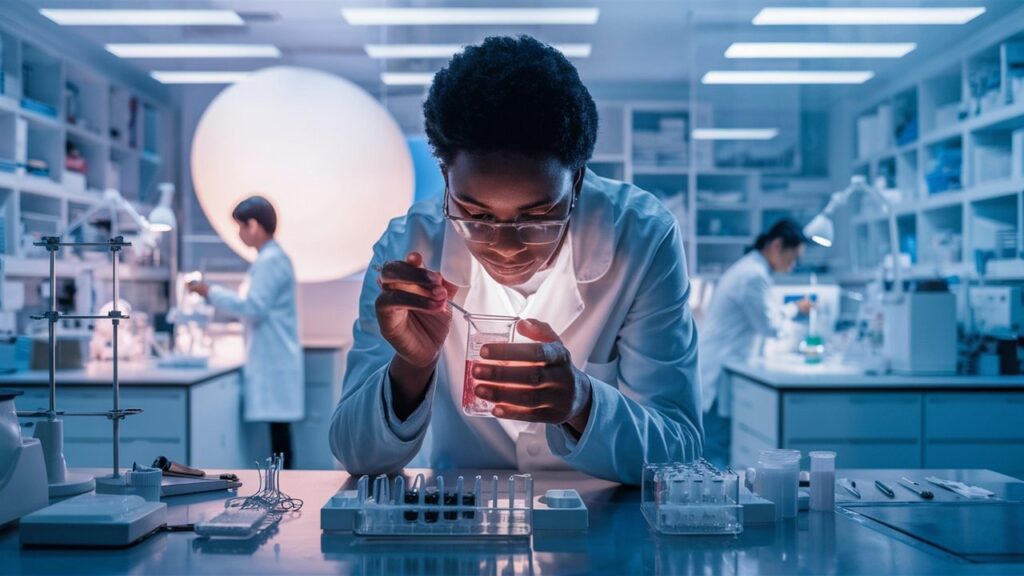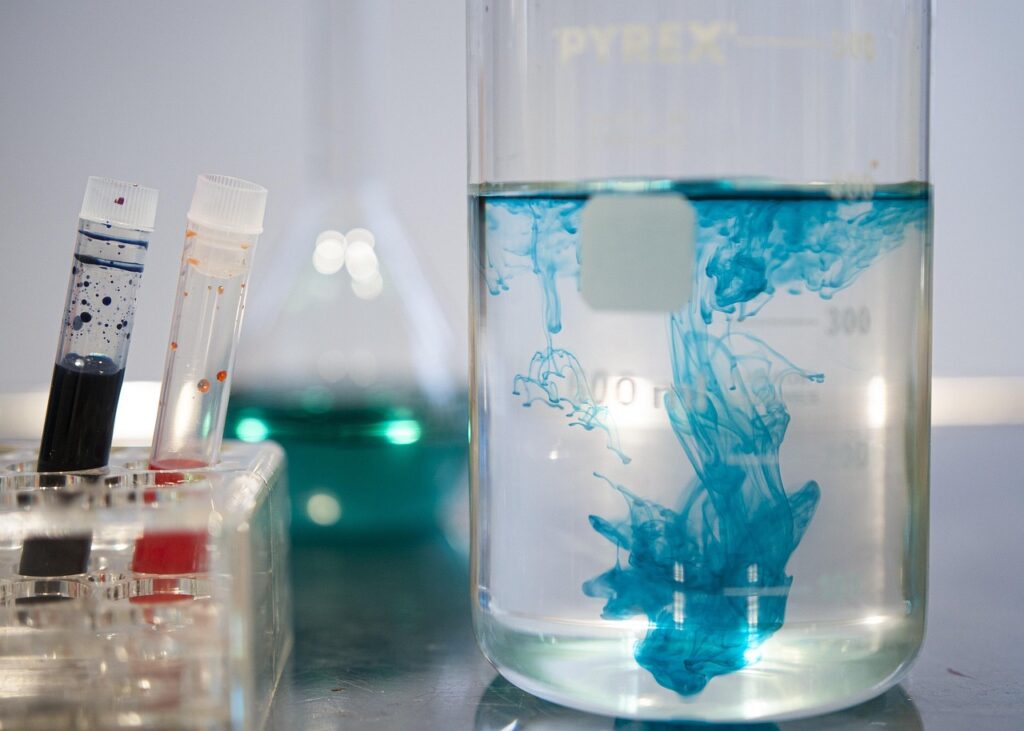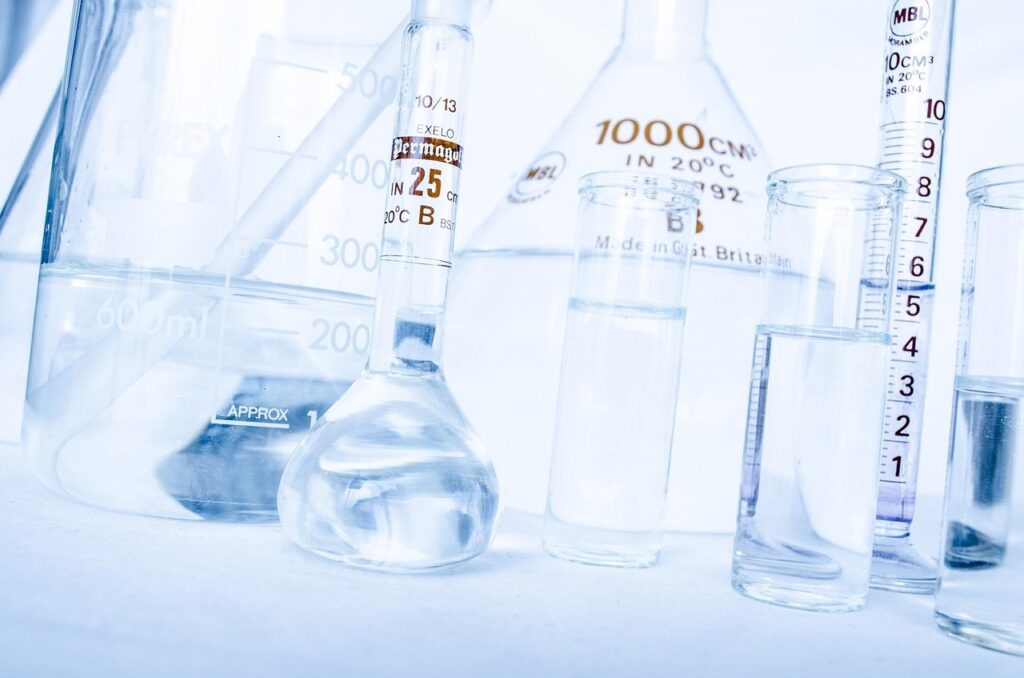Ensuring food is safe has become more important than ever in today’s increasingly globalized society when food products are imported and exported across continents. Customers now demand greater quality standards from the food they eat because they are increasingly concerned about their health. But as industrialized food production has increased, foodborne illnesses have also grown in importance. This is where food microbiology testing plays a crucial role.
The study of microbes that live in, produce, or infect food is known as food microbiology. These microorganisms, which can either contaminate food or endanger customers’ health, can include bacteria, molds, yeasts, and viruses. The scientific method of examining food for the presence of dangerous pathogens or microorganisms that could compromise its safety and quality is known as food microbiology testing. Food manufacturers may protect their products against microbial contamination and guarantee that what is sold to consumers is safe to consume by regularly testing their food microbiology.
Why Is Food Microbiology Testing Necessary?
Food can become contaminated by microorganisms at any stage of the manufacturing, processing, packing, or delivery process. Microbial growth can be caused by a number of factors, including inadequate sanitation, improper storage, or contamination during transportation. Fresh vegetables, dairy products, meat, and seafood are among the raw materials that are most susceptible to microbial contamination.
These microorganisms may remain undiscovered and have detrimental effects on health if microbiology testing is not performed. Foodborne illness outbreaks can be caused by contaminated food, and their symptoms can range from minor discomfort to serious infections and, in the worst situations, even death. Salmonella, Listeria, and Escherichia coli (E. coli) are a few prevalent foodborne pathogens that have caused significant food recalls in recent years.
Food makers can detect any contamination early and take corrective action before the product reaches customers by using food microbiology testing. This testing assures adherence to strict food safety regulations, safeguards public health, and helps avoid foodborne outbreaks.
Types of Microorganisms Detected Through Food Microbiology Testing
There is a wide variety of microorganisms that can be harmful to human health and are commonly detected through food microbiology testing. These include:
- Bacteria: Harmful bacteria such as Salmonella, Escherichia coli (E. coli), and Listeria monocytogenes can cause severe gastrointestinal illnesses. Bacteria multiply rapidly in foods, especially when stored at incorrect temperatures, making bacterial testing a crucial part of ensuring food safety.
- Viruses: Certain viruses, such as norovirus and hepatitis A, can be transmitted through contaminated food, particularly in the case of improperly handled shellfish, fruits, and vegetables. Viral contamination is harder to detect, but microbiology testing can help identify the presence of these viruses.
- Fungi: Molds and yeasts are responsible for food spoilage and can cause allergies or produce harmful mycotoxins in some cases. Mold contamination is a particular concern in grains, nuts, and dried fruits, which require routine food microbiology testing to ensure safety.
- Parasites: Some foodborne parasites, like Toxoplasma gondii, Giardia, and Cryptosporidium, can infect humans through undercooked meats or contaminated water and can lead to severe infections, especially in immunocompromised individuals.
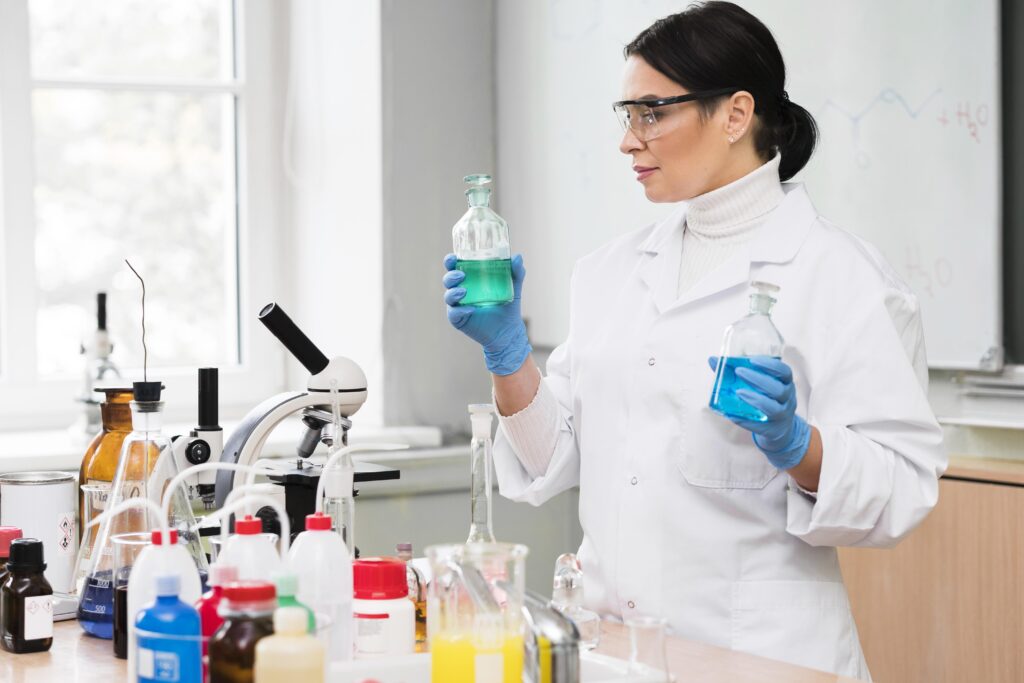
How Does the Food Microbiology Testing Process Work?
The process of food microbiology testing follows a systematic approach designed to detect, isolate, and identify harmful microorganisms in food samples. The typical steps involved in testing include:
- Sample Collection: Food samples are collected from various stages of the production chain. This includes raw ingredients, processing environments, and finished products. In many cases, surfaces and equipment used during food preparation are also swabbed for microbiological analysis to detect potential cross-contamination points.
- Laboratory Analysis: After collection, samples are sent to laboratories specializing in food microbiology testing. Different techniques are used depending on the type of microorganism being tested for. For bacteria and fungi, culturing methods are used where samples are incubated on specific growth media to encourage microbial growth. For viruses and parasites, molecular methods like PCR (Polymerase Chain Reaction) and ELISA (Enzyme-Linked Immunosorbent Assay) are employed to detect their presence. Advanced techniques like next-generation sequencing (NGS) are also being used for identifying a broader spectrum of microorganisms in food samples.
- Reporting and Action: Once testing is completed, the laboratory provides a detailed report that outlines the microorganisms detected and their concentrations. If harmful pathogens are present at unsafe levels, corrective actions are recommended, such as reprocessing or recalling the affected batch.
Regular and systematic microbiology testing ensures that contamination risks are mitigated and that any issues are addressed before products reach the shelves.
Benefits of Food Microbiology Testing for Food Manufacturers
Microbiology testing has several advantages. In order to gain and keep the trust of consumers, food manufacturers must make sure that their products are free of dangerous germs. Among the principal benefits are:
Better Food Safety: Manufacturers can avoid microbial contamination and safeguard public health by routinely conducting food microbiology testing. This is especially important for high-risk food groups such as dairy, meat, fish, and prepared foods.
Regulatory Compliance: Strict standards for microbiological testing are mandated by food safety regulators worldwide, such as the FDA, EFSA, and FSSAI. Achieving legal permissions and selling food items in foreign markets need adherence to these regulations.
Reduced Risk of Recalls: One of the main reasons why food recalls occur is microbial contamination. By spotting and treating food contamination.
The Role of Food Microbiology Testing in the Future
As the food industry continues to evolve, microbiology testing will become even more crucial. With the increasing complexity of food supply chains, there are more opportunities for contamination at every step. Innovations in testing technology, such as the use of real-time testing and rapid microbial detection systems, are making food microbiology testing more efficient and accurate.
Moreover, as consumers demand more transparency regarding the origins and safety of their food, food microbiology testing will remain a key component of food safety protocols. It ensures that the food industry remains vigilant against the ever-present risk of microbial contamination, thereby safeguarding public health.
Conclusion
In conclusion, food microbiology testing is an indispensable aspect of food safety and quality assurance. By detecting harmful pathogens and microorganisms, this testing helps prevent foodborne illnesses, ensures regulatory compliance, and maintains the integrity of food products. For food manufacturers, regular testing provides a vital safeguard against contamination risks and helps protect both their reputation and the health of their customers.

